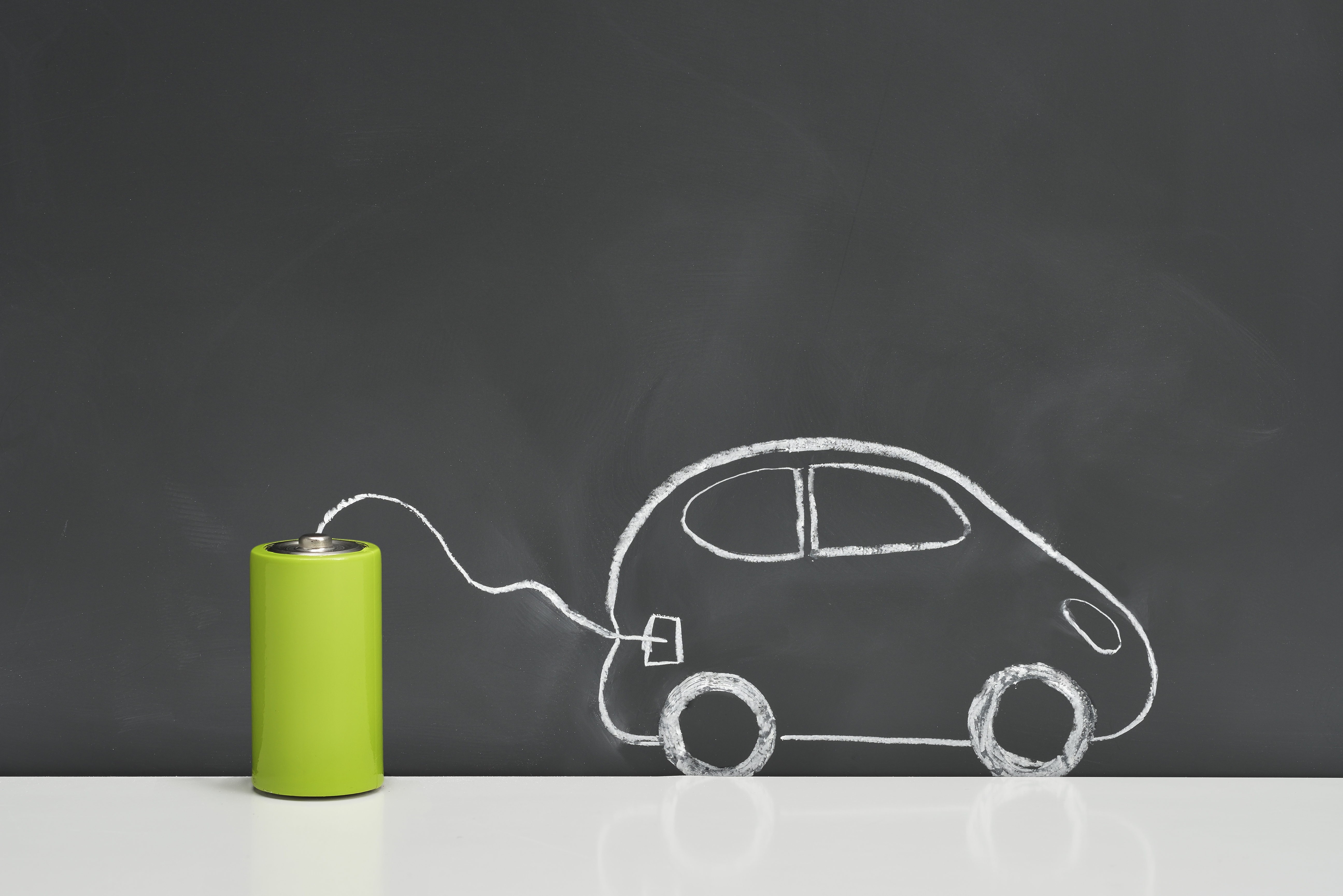Notifications
ALL BUSINESS
COMIDA
DIRECTORIES
ENTERTAINMENT
FINER THINGS
HEALTH
MARKETPLACE
MEMBER's ONLY
MONEY MATTER$
MOTIVATIONAL
NEWS & WEATHER
TECHNOLOGIA
TV NETWORKS
VIDEOS
VOTE USA 2026/2028
INVESTOR RELATIONS
COMING 2026 / 2027
ALL BUSINESS
COMIDA
DIRECTORIES
ENTERTAINMENT
FINER THINGS
HEALTH
MARKETPLACE
MEMBER's ONLY
MONEY MATTER$
MOTIVATIONAL
NEWS & WEATHER
TECHNOLOGIA
TV NETWORKS
VIDEOS
VOTE USA 2026/2028
INVESTOR RELATIONS
COMING 2026 / 2027
About Me
 Latinos Media
Latinos Media Latinos Media provides all types of news feeds on a daily basis to our Members
Posted by - Latinos Media -
on - May 23, 2023 -
Filed in - Financial -
-
610 Views - 0 Comments - 0 Likes - 0 Reviews

California is urging the Biden administration to grant approval for its proposal that mandates all new vehicles sold within the state by 2035 to be exclusively electric, hydrogen-powered or plug-in electric hybrids (PHEVs), according to a letter seen and reported on by Reuters.
The California Air Resources Board (CARB) approved the plan in August, but it still needs a green light from the Environmental Protection Agency (EPA) in order to enforce its own vehicle emissions standards.
On Monday, CARB asked the EPA to approve a waiver under the Clean Air Act that would allow it to implement its new rules. Specifically, the rules mandate that PHEVs, EVs or hydrogen fuel cell vehicles make up 35% of new car sales by 2026, 68% by 2030 and 100% by 2035. The regulation would allow automakers to sell up to 20% PHEVs by 2035, but they’d need a minimum 50-mile all-electric range to qualify.
Crucially, the requirements don’t ban combustion engine vehicles from roads, nor do they halt any used car sales in the state. But the end goal is to accelerate the transition to zero-emissions vehicles.
California is already making some headway toward its goals. In 2022, nearly 19% of all new cars sold in the state were zero-emission vehicles, making up about 40% of all ZEVs sold in the U.S. The state is also investing $2.9 billion to accelerate California’s EV charging and hydrogen refueling goals, and expects to receive $384 million of federal funding from the National Electric Vehicle Infrastructure Program to install charging stations.
Historically, the EPA has granted California such waivers, although conflicts have arisen in the past that have led to legal disputes. The Trump administration had attempted to remove California’s authority to set its own strict tailpipe and ZEV standards, but in March 2022, the EPA reinstated the state’s right to do so under the Clean Air Act. Automakers like Ford, General Motors, Volkswagen, BMW, Honda, Volvo and Toyota have backed the Biden administration’s effort to restore California’s authority over its own air.
California’s high population and air quality concerns mean the state has played a strong role in shaping environmental policies at the national level. CARB has a unique authority granted by the Clean Air Act to set stricter emission standards for vehicles than the federal government. As a result, California often sets trends that other states can follow.
A month after CARB approved its gas-powered vehicle ban, New York passed similar legislation. Earlier this month, Rhode Island joined Washington, Virginia, Vermont, Oregon, Massachusetts and at least seven others in adopting the California ZEV requirements.
CARB’s 60-page waiver request that Reuters reviewed says that California’s new rules will cost the state $210.35 billion through 2040, but that the total benefits will reach $301.41 billion.
The Biden administration has yet to affirm setting a date to phase out the sale of gas-powered vehicles. An EPA spokesperson told Reuters that the agency will follow an open public process in considering California’s request.
CARB did not respond in time to TechCrunch’s request to view the waiver appeal or answer any questions.
California urges EPA to approve ban on new gas-powered car sales by 2035 by Rebecca Bellan originally published on TechCrunch